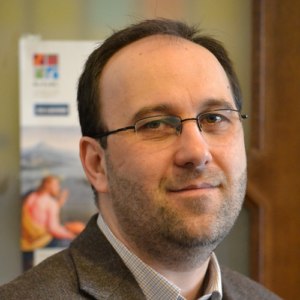
Long Reformation, Manuscript Culture, and Confessional Hybridity in Eastern Europe: Focus on the Eighteenth Century
I consider that the application of the concept of long Reformation to Hungarian Reformation history is undoubtedly useful. Indeed, a long Reformation operating with a timeframe of 300 years, from 1500 to 1800, would impose a change of scale, as it would allow a longer period of time to fathom the complexities of the processes of transfers, translations, transformations, receptions and assimilations. Due to this long Reformation concept, the eighteenth century would finally provide a comprising perspective of the outcome of how the Reformation had been received and assimilated, and what its immediate consequences were, recorded in the textual account of both ecclesiastical and lay people.
Thus, my paper will focus on the introduction of some unpublished manuscript sources in order to reveal the impact of Reformation as a lived religious experience transgressing confessional limits.
Zsombor Tóth is a literary historian working as a senior research fellow at the Institute for Literary Studies, Centre for the Humanities, Budapest. His main research interest is focused on the reception of English Puritanism in Eastern Europe during the long Reformation. He published a monograph titled, A koronatanú: Bethlen Miklós [The Memoirs of Count Miklós Bethlen] (Debrecen: Kossuth Lajos University Press, 2011), examining the life and oeuvre of Count Miklós Bethlen (1642–1716), a famous Hungarian statesman and a gifted Hungarian Puritan author. Most recently, he authored a book A kora újkori könyv antropológiája [The Anthropology of the Early Modern Book] (Budapest: Reciti, 2017) which explores the phenomenon of scribal publicity shaping the evolution of early modern Hungarian manuscript culture. He also wrote numerous articles in English dealing with various aspects of Reformation in Eastern Europe published in the volumes of the Refo500 Academic Series. Finally, he is the supervisor of the project titled, Long Reformation in Eastern Europe 1500–1800 supported by the Hungarian Academy of Sciences and RefoRC.